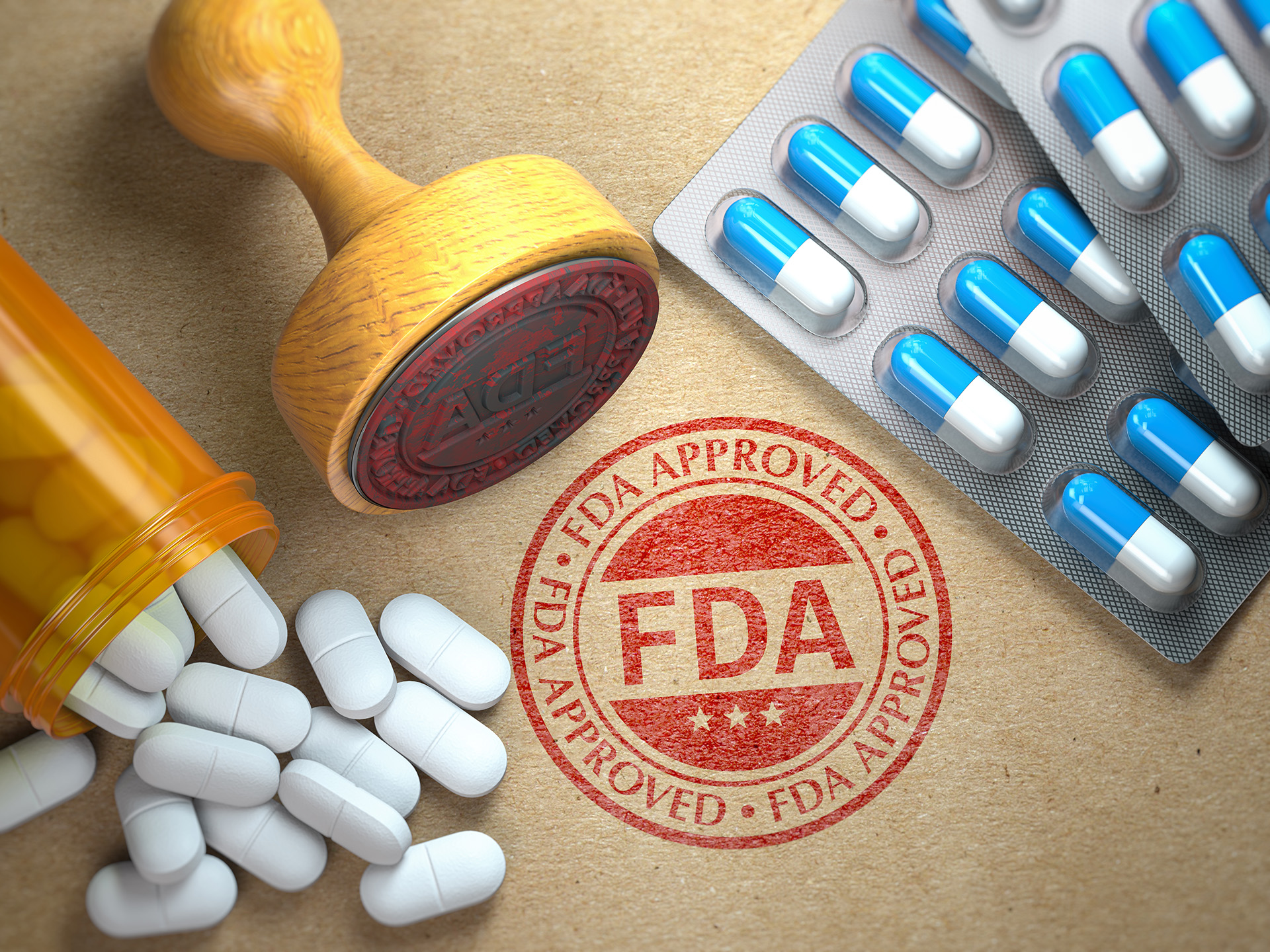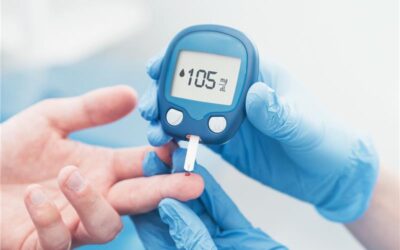Metabolon Unveils a Microbiome Therapeutic’s Mechanism of Action in Preventing Recurrent C. difficile Infections
Metabolon’s Bile Acids Targeted Panel demonstrated that an orally administered microbiome therapeutic increases the abundance of secondary bile acids, which breaks the vicious cycle of recurrent Clostridioides difficile infection (rCDI).
The therapeutic pill contains Firmicutes spores that can prevent recurring infections with C. difficile bacteria. Metabolon helped the developers of this therapeutic elucidate its mechanism of action (MOA) to provide a clear understanding of how it works.
Seres Therapeutics, an established biotechnology company, is a recognized pioneering developer of microbiome therapeutics. Navigating the unchartered and complex world of live biotherapeutic products (LBPs) has been fraught with challenges for all players, and Seres is no exception. Metabolomics is rapidly gaining adoption in drug development, largely due to its ability to discover and validate biomarkers that can help support key decisions throughout the process, from drug discovery through clinical trials.
Seres harnessed the power of Metabolon’s industry-leading Global Discovery Metabolomics Platform, Targeted Metabolomic Panels, and Good Clinical Practice (GCP)-validated panels to intelligently redesign their clinical strategy and successfully develop the first-in-class FDA-approved microbiota-based therapeutic.

The Challenge: Preventing the Recurrence of C. difficile Infection
CDI is associated with more than 223,900 cases of hospitalized patients and 12,800 deaths annually in the United States.1 CDI can cause various symptoms, including diarrhea, colitis, dehydration, and sepsis. Antibiotics are the first line of treatment because they lead to symptom relief by killing germinating C. difficile bacteria.
However, antibiotics do not kill C. difficile spores, which can rapidly germinate into vegetative bacteria after treatment discontinuation. Moreover, antibiotics can disrupt the balance of the gut microbiome and allow C. difficile to overgrow. These changes include the loss of beneficial Firmicutes bacteria that produce secondary bile acids, enabling C. difficile spore germination and a cycle of rCDI.2
Antibiotics are necessary but insufficient to achieve a sustained clinical response, thus highlighting the need for a two-pronged treatment approach that includes microbiome repair.
Metabolon Insight: Metabolon Helps Elucidate Mechanism of Action
Metabolon’s Bile Acids Targeted Panel and Global Discovery Panel were used to profile fecal samples from patients with rCDI that received the microbiome therapeutic or placebo treatment.2,3 Metabolon offered this group the most comprehensive solution to demonstrate the therapeutic’s MOA, which ultimately contributed to its approval by the U.S. Food and Drug Administration (FDA).
The Solution: Microbiome Therapeutic Increases the Abundance of Secondary Bile Acids
The process of establishing metabolically active bacteria in the gastrointestinal (GI) tract is termed “engraftment.” Microbiota spore engraftment refers to the process by which beneficial bacteria spores are introduced into the gut microbiome and can establish a viable population. The research group found that subjects receiving their therapeutic had significantly more dose species than those on placebo, and that this response was durable throughout the 8 week study period. Furthermore, nonrecurrent subjects had significantly more therapeutic species within one week of treatment than those who did experience a recurrence.
To understand the association between therapeutic species engraftment with nonrecurrence, the research team evaluated the relationship between engraftment and the abundance of secondary bile acids. Previous in vitro studies showed that secondary bile acids inhibit C. difficile spore germination, so the research group sought to test whether their pill’s therapeutic effects were linked to an increase in secondary bile acids. Metabolon’s Bile Acids Targeted Panel showed an association between increased secondary bile acid concentrations (lithocholic acid and deoxycholic acid) and early therapeutic species engraftment
The research group also leveraged Metabolon’s proprietary Global Discovery Panel to gain a much clearer picture of the biological activity of the microbial community and to identify potential metabolite-based biomarkers that could inform drug pharmacokinetics and pharmacodynamics.
The Outcome: FDA-Approval for an Orally Administered Microbiota-Based Therapeutic
The FDA approval of this group’s microbiome therapeutic paves the way for a novel category of microbiome therapies that are effective and easy. These data highlight the importance of evaluating pharmacodynamics (e.g., changes in microbe-associated metabolites) in parallel with clinical efficacy assessment. Metabolon’s Good Clinical Practice (GCP)-validated Bile Acids Targeted Panel was leveraged to demonstrate the therapeutic’s MOA.
Metabolon understands the critical nature of reliable data. Our team of dedicated scientists works to provide pharmaceutical companies with the information needed to advance their programs and support the regulatory process while offering clear analysis to help with the next steps. Metabolon has long been at the forefront of metabolomics utilization, having executed over 10,000 projects over the last 20 years. Our unique ability to provide key data and interpret them for you makes us a reliable collaborator as you navigate the complex drug development journey.
References
1. Centers for Disease Control and Prevention. (2019, November 13). Clostridioides difficile infection. Centers for Disease Control and Prevention. https://www.cdc.gov/hai/organisms/cdiff/cdiff_infect.html
2. McGovern BH, Ford CB, Henn MR, et al. SER-109, an Investigational Microbiome Drug to Reduce Recurrence After Clostridioides difficile Infection: Lessons Learned From a Phase 2 Trial. Clin Infect Dis. Jun 15 2021;72(12):2132-2140. doi:10.1093/cid/ciaa387
3. Feuerstadt P, Louie TJ, Lashner B, et al. SER-109, an Oral Microbiome Therapy for Recurrent. N Engl J Med. Jan 20 2022;386(3):220-229. doi:10.1056/NEJMoa2106516






